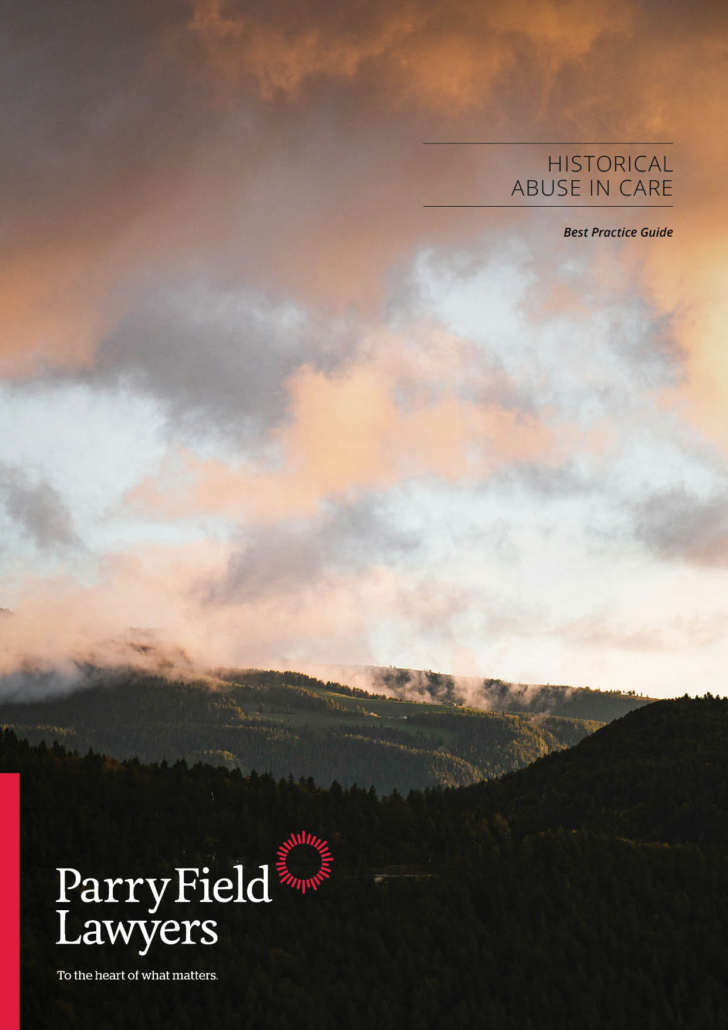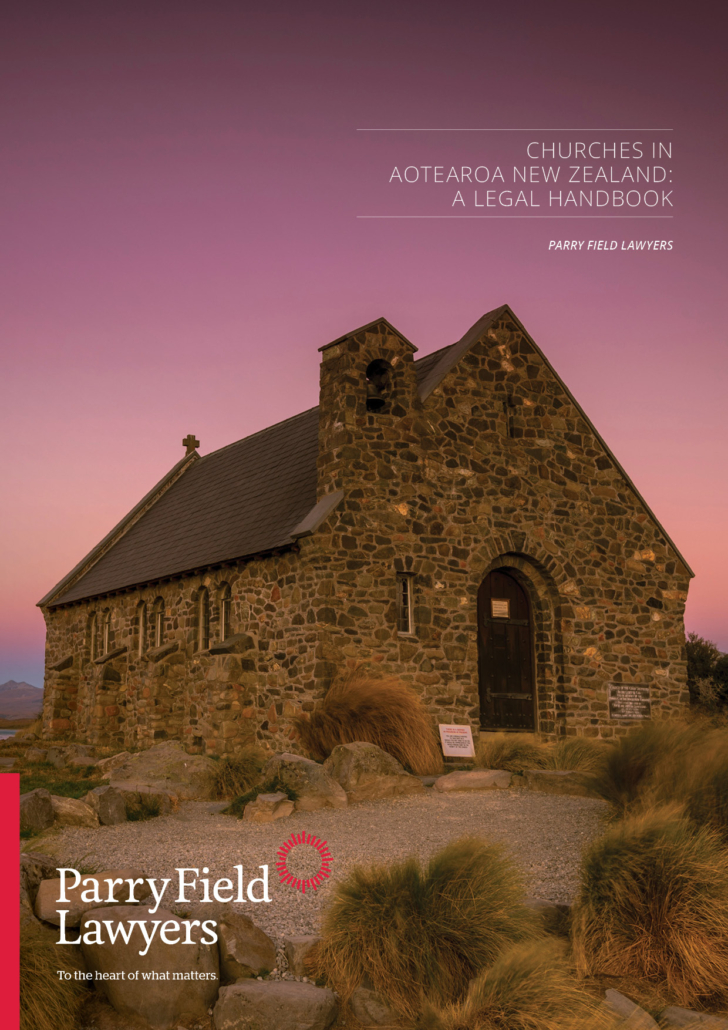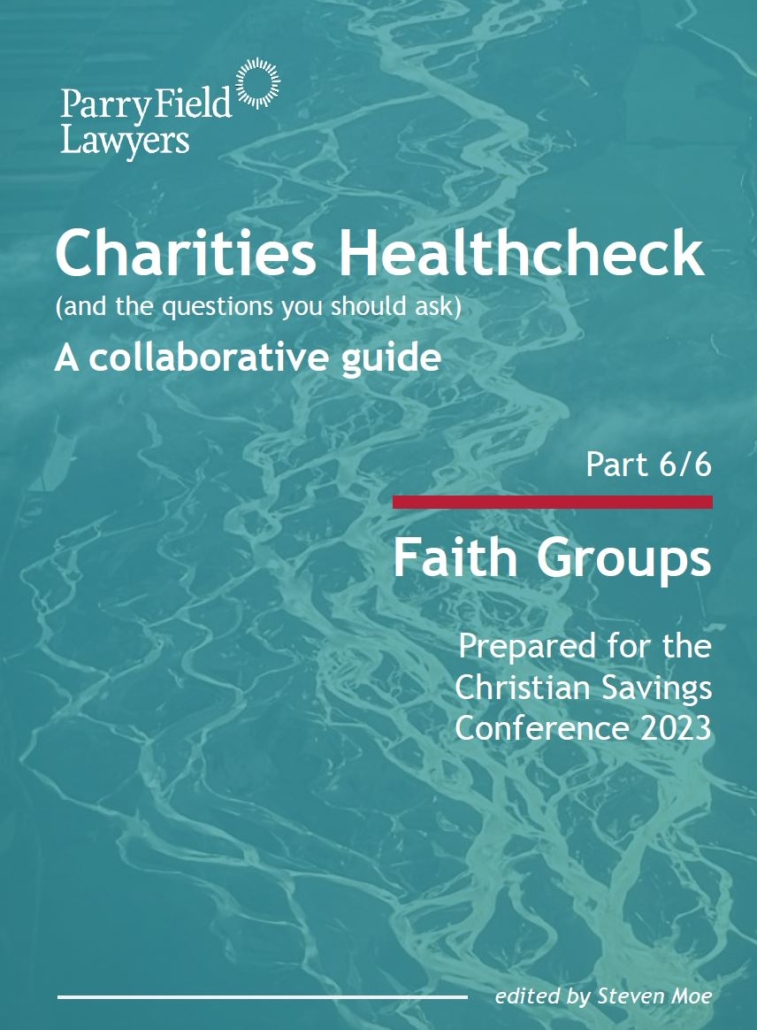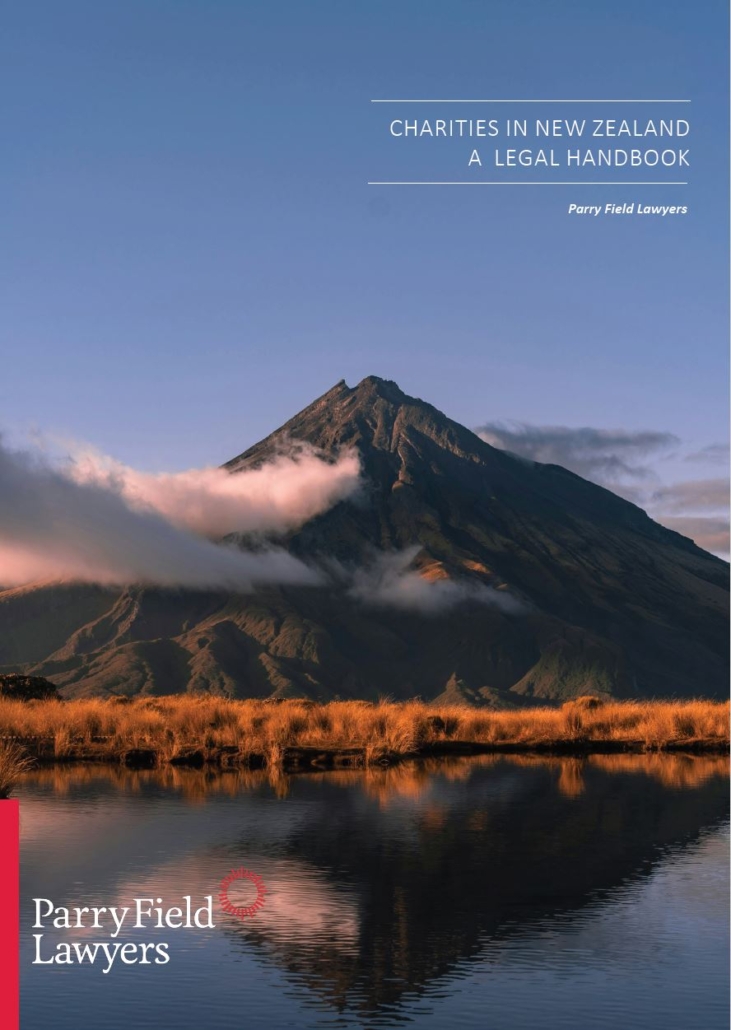 https://www.parryfield.com/wp-content/uploads/2020/03/redd-francisco-PTRzqc_h1r4-unsplash-scaled.jpg
1440
2560
Jodi Wareing
https://www.parryfield.com/wp-content/uploads/2019/07/Parry-Field-Lawyers-Logo.png
Jodi Wareing2020-03-02 16:05:582026-01-15 14:58:56Charitable Trusts vs Incorporated Societies: Which is best?
https://www.parryfield.com/wp-content/uploads/2020/03/redd-francisco-PTRzqc_h1r4-unsplash-scaled.jpg
1440
2560
Jodi Wareing
https://www.parryfield.com/wp-content/uploads/2019/07/Parry-Field-Lawyers-Logo.png
Jodi Wareing2020-03-02 16:05:582026-01-15 14:58:56Charitable Trusts vs Incorporated Societies: Which is best?Christchurch CBD
PHONE: +64 3 348 8480
PHYSICAL ADDRESS:
Level 1, 60 Cashel Street
Christchurch 8013, New Zealand
POSTAL ADDRESS:
PO Box 744
Christchurch, 8140, New Zealand
Christchurch – Riccarton
PHONE: +64 3 348 8480
PHYSICAL ADDRESS:
1 Rimu Street, Riccarton,
Christchurch 8041, New Zealand
POSTAL ADDRESS:
PO Box 8020, Riccarton,
Christchurch, 8440, New Zealand
Rolleston
PHONE: +64 3 348 8480
PHYSICAL ADDRESS:
Level 1, 80 Rolleston Drive,
Rolleston, 7614, New Zealand
POSTAL ADDRESS:
PO Box 8020, Riccarton,
Christchurch, 8440, New Zealand
Hokitika
PHONE: +64 3 755 8673
PHYSICAL ADDRESS:
127 – 137 Revell Street,
Hokitika 7810, New Zealand
POSTAL ADDRESS:
PO Box 44,
Hokitika 7842, New Zealand
Auckland
PHONE: +64 9 930 4340
PHYSICAL ADDRESS:
Level 7, 50 Albert Street
Auckland, 1010
POSTAL ADDRESS:
PO Box 8020, Riccarton,
Christchurch, 8440, New Zealand
Parry Field Charitable Foundation

© Copyright – Parry Field Lawyers | Privacy Policy










